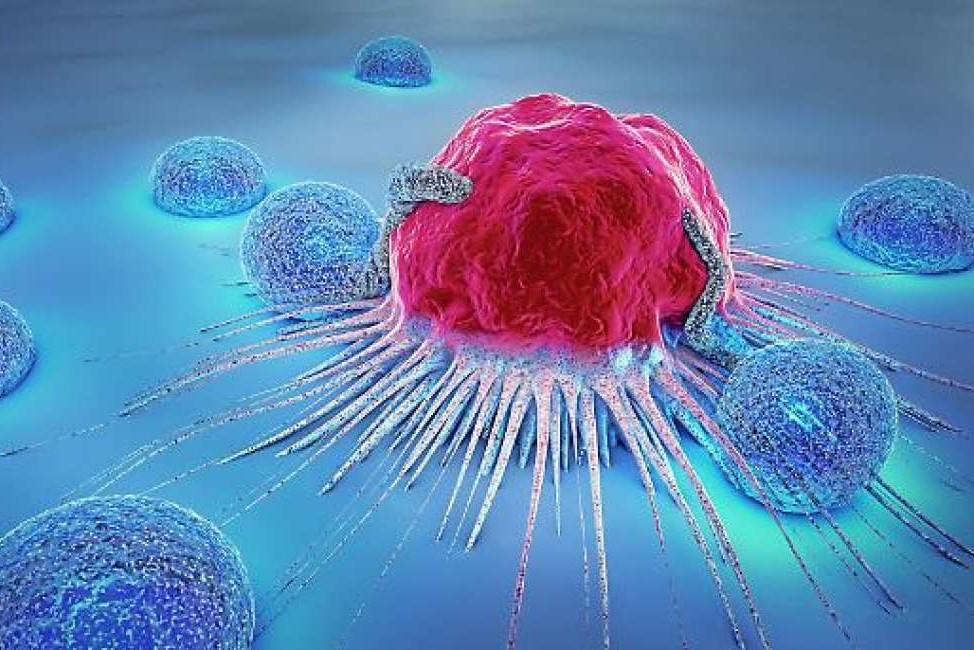
CAR-T: an innovative therapy for lymphomas
CAR-T is an innovative oncohaematological treatment, based on T lymphocytes, for patients with diffuse large B-cell lymphomas and primary mediastinal lymphomas that do not respond to conventional treatments or patients with acute lymphoblastic leukaemia
The therapy has improved the life expectancy of these patients and, thanks to research, will soon represent a new treatment option for patients with other types of cancer.
How does CAR-T therapy work?
CAR-T therapy works by using cells from the lymphoma patient’s immune system.
The patient’s blood is taken and his lymphocytes are collected through a cell separator.
The lymphocytes are then sent to special laboratories, where the CAR (Chimeric Antigen Receptor), which recognises lymphoma cells, is inserted into them.
After about 3-4 weeks, the CAR-T lymphocytes are returned to the centre that requested them and can be administered to the patient by infusion.
In this way, it is possible to exploit the acquired ability of T lymphocytes to recognise and selectively kill lymphoma cells and avoid the side effects of chemotherapy, which not only affects the tumour but also the patient’s healthy cells.
CAR-T therapy has a very high success rate and has significantly increased the life expectancy of patients who can access it.
Future therapies: possible thanks to CAR-T research
CAR-T research has also paved the way for new ways of treating other types of cancer.
There is talk of using the same technology to treat Hodgkin’s lymphoma, solid tumours and sarcomas.
An experimental programme is therefore under way, to complement the traditional programme for using CAR-T cells.
Read Also:
Lymphoma: 10 Alarm Bells Not To Be Underestimated
Non-Hodgkin’s Lymphoma: Symptoms, Diagnosis And Treatment Of A Heterogeneous Group Of Tumours


